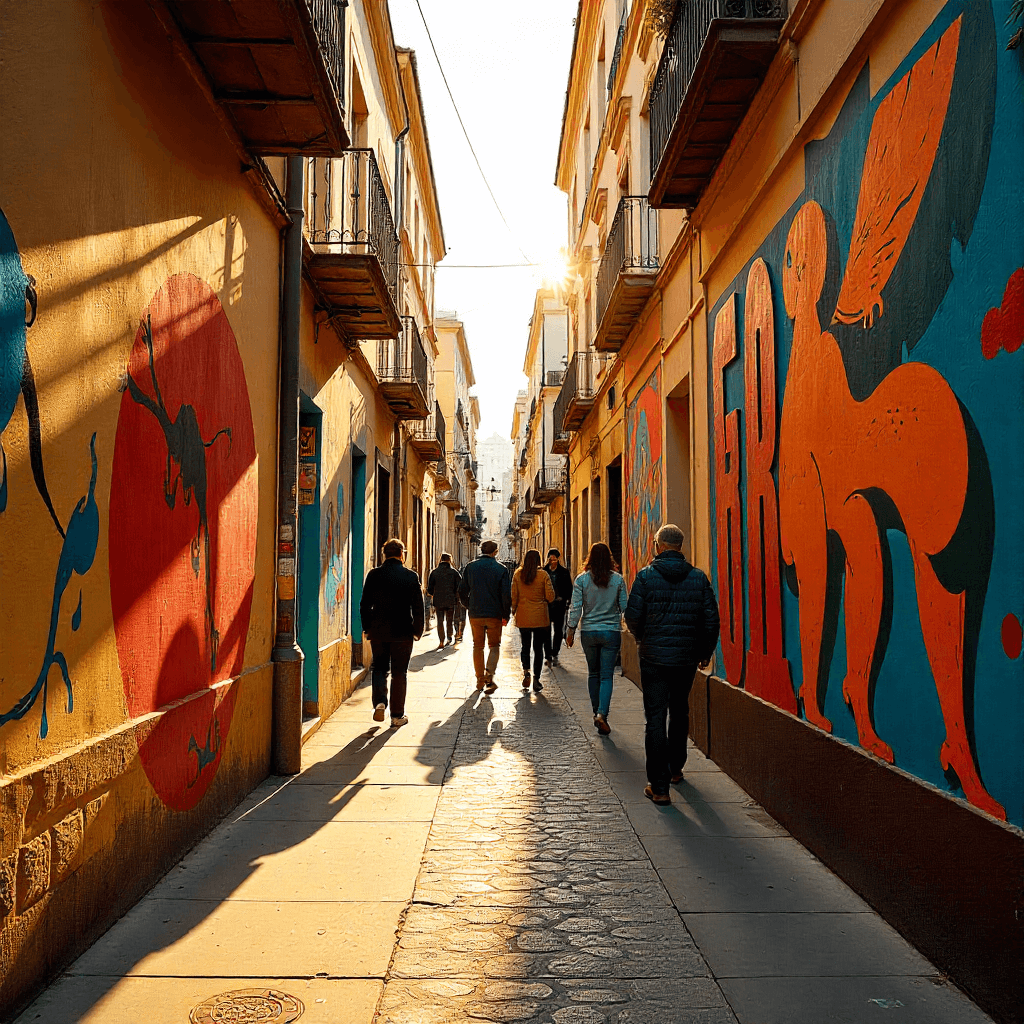Tourism as a Catalyst for Economic Diversification
Tourism is increasingly recognized as a powerful engine for economic diversification and social inclusion in Landlocked Developing Countries (LLDCs). These nations, often facing unique challenges due to their geographic location away from seaports, are discovering how sustainable tourism can broaden their economic horizons and promote inclusive growth.
International Tourism Arrivals and Untapped Potential
By 2024, LLDCs received an estimated 50 million international tourists, accounting for roughly 3.5% of global arrivals. However, despite this influx, their share of tourism export revenues remains modest at just 1.4%. The average income generated per tourist arrival in these countries is significantly lower than the global average — USD 445 compared to USD 1,182 worldwide. This gap indicates ample room for harnessing tourism’s full economic potential through smart policies and value maximization.
Integrating Tourism with Broader Economic Structures
The Awaza Programme of Action (APoA) for 2024–2034 places tourism at the heart of LLDC development strategies. It aims not only to double the output of service sectors such as tourism but also to strengthen the connections between tourism, agriculture, creative industries, and cultural sectors. This multi-sectoral approach promises to generate diverse income streams and overall structural transformation.
| Priority Areas in APoA 2024-2034 | Key Tourism-Related Targets |
|---|---|
| Structural Transformation | Double service sector output including tourism |
| Private Sector Development | Foster public-private partnerships in tourism |
| Foreign Direct Investment | Attract investments to boost tourism infrastructure |
| Transit, Transport, and Connectivity | Improve infrastructure to ease tourist access |
Accelerating Sustainable Tourism
Leaders and experts from Turkmenistan, Uzbekistan, Tajikistan, and organizations like the UN Food and Agriculture Organization (FAO) and Japan International Cooperation Agency (JICA) emphasize several pillars for tourism growth in LLDCs:
- Infrastructure development to support seamless travel and enhance destination accessibility.
- Community participation ensuring locals are active stakeholders in tourism’s benefits.
- Capacity building for MSMEs to empower small and medium-sized enterprises in offering quality services.
- Responsible and sustainable tourism promoting environmental and cultural respect.
- Product development to diversify tourism offerings and attract varied market segments.
- Public-private collaboration to stimulate investment and innovation within the sector.
Tourism for Rural Development: Empowering Local Communities
The UN Tourism’s Tourism for Rural Development Programme is designed to accelerate inclusive growth by focusing on community well-being in rural areas. Notably, it supports several initiatives that bolster rural tourism:
- Best Tourism Villages: A self-assessment tool that guides rural destinations in improving their tourism appeal and sustainability.
- Small Grants Programme: Currently piloted in Africa with support from the Tui Care Foundation, this initiative finances grassroots tourism projects to empower local communities.
Key Recommendations for Sustainable Growth
The dialogue at the LLDC event yielded strategic recommendations crucial for tourism to serve as an engine of economic diversification and social inclusion:
- Prioritize tourism as a central pillar in economic strategies, focusing on nature-based, rural, and cultural tourism that fosters job creation and entrepreneurship.
- Enhance cross-sector links between tourism and agriculture, creative industries, cultural heritage, and conservation to build strong value chains.
- Upgrade infrastructure and connectivity, especially air transportation, to facilitate smoother travel and regional integration.
- Support MSMEs and community-led tourism with inclusive policies and sustainability-oriented training.
- Establish diverse financing mechanisms, such as small grants and public-private partnerships to amplify grassroots initiatives and sustainable tourism models.
Wpływ na usługi taksówkarskie i transferowe
As tourism grows in LLDCs, the demand for quality and reliable ground transportation—such as taxis and private transfers—will inevitably increase. Here, platforms like GetTransfer.com can play a pivotal role. Travelers can book transfers tailored to their needs, choosing vehicles by make, model, and driver ratings, providing transparency rarely matched by traditional services. This smooth connectivity contributes directly to enhancing the overall tourist experience and supports the goals of regional development.
Podsumowanie i perspektywy
Tourism stands out as a promising driver for economic diversification and social inclusion in Landlocked Developing Countries. While arrivals today represent a significant portion of global tourism, these nations still have untapped opportunities to increase the financial benefits and quality of tourism experiences. The strategic focus on infrastructure, rural development, community engagement, and cross-sector collaboration outlined in the Awaza Programme of Action is paving the way for sustainable transformation.
Highlighting the importance of these insights, it is essential to acknowledge that no review or feedback can replace the firsthand experience of traveling. On GetTransfer.com, travelers can choose from a variety of verified providers offering affordable, convenient rides with an extensive selection of vehicles. This empowers tourists to make informed decisions about their transfers, avoiding unwanted surprises and ensuring value for money. The platform’s transparency, competitive prices, and additional options perfectly align with the growing needs of travelers in developing destinations. Book your Ride GetTransfer.com.
While this growing tourism sector might not radically reshape the global travel landscape overnight, it holds significant relevance for regional economies and their people. At GetTransfer, the firm commitment is to stay updated on these developments and help travelers navigate a changing world with confidence. Start planning your next adventure and secure your worldwide transfer with GetTransfer.
In a nutshell, tourism’s role in boosting the local economy, empowering communities, and linking rural and urban sectors is more evident than ever. As LLDCs work toward doubling service sector outputs and improving connectivity, taxi and transfer services become essential cogs in the tourism machine. By providing exact, reliable, and priced car services, including airport transfers and city rides, platforms like GetTransfer.com ensure that tourists arrive refreshed, prepared, and ready to explore their unique destinations.


Komentarze